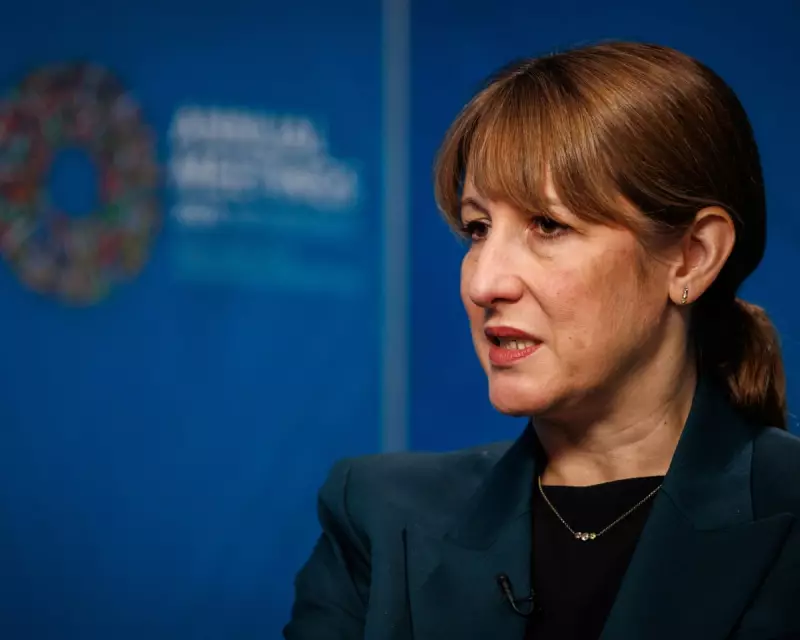
As Britain's economic landscape grows increasingly challenging, the Labour leadership finds itself walking a political tightrope over its Brexit strategy. Keir Starmer and Chancellor Rachel Reeves are facing mounting pressure to redefine the UK's relationship with Europe, yet remain constrained by political realities.
The Economic Imperative Versus Political Reality
With the UK economy showing persistent weakness since the 2016 referendum, there's growing consensus that the current Brexit settlement isn't working. Rachel Reeves, Britain's first female chancellor, confronts an economic inheritance made significantly worse by Brexit-related trade barriers and reduced business investment.
Yet Starmer's team remains cautious about reopening Brexit debates, fearing it could alienate voters in traditionally Labour areas that supported leaving the EU. This creates a fundamental tension between economic necessity and political strategy.
The Three Pillars of Labour's EU Approach
Insiders suggest Labour's strategy rests on three key elements:
- Pragmatic alignment: Seeking closer regulatory cooperation without rejoining the single market
- Youth engagement: Capitalising on younger voters' overwhelming preference for European integration
- Economic framing: Presenting any EU rapprochement as essential for growth rather than ideological preference
The Chancellor's Conundrum
For Rachel Reeves, the economic case for closer EU ties is compelling. The Office for Budget Responsibility estimates Brexit has reduced Britain's potential GDP by 4%, while trade friction continues to hamper exporters. Yet she must balance this against Starmer's commitment to "make Brexit work" rather than reverse it.
"The Treasury knows the numbers don't add up without better European access," says one Whitehall source. "But the political calculus is equally important."
What Next for UK-EU Relations?
Most observers expect incremental improvements rather than dramatic shifts. Potential areas for cooperation include:
- Enhanced security and defence partnerships
- Scientific research collaboration
- Youth mobility schemes
- Reduced trade barriers for key sectors
However, any major shift would likely require a new electoral mandate, possibly in a second term. For now, Starmer and Reeves are playing the long game, hoping economic reality will gradually shift public opinion toward closer European cooperation.





